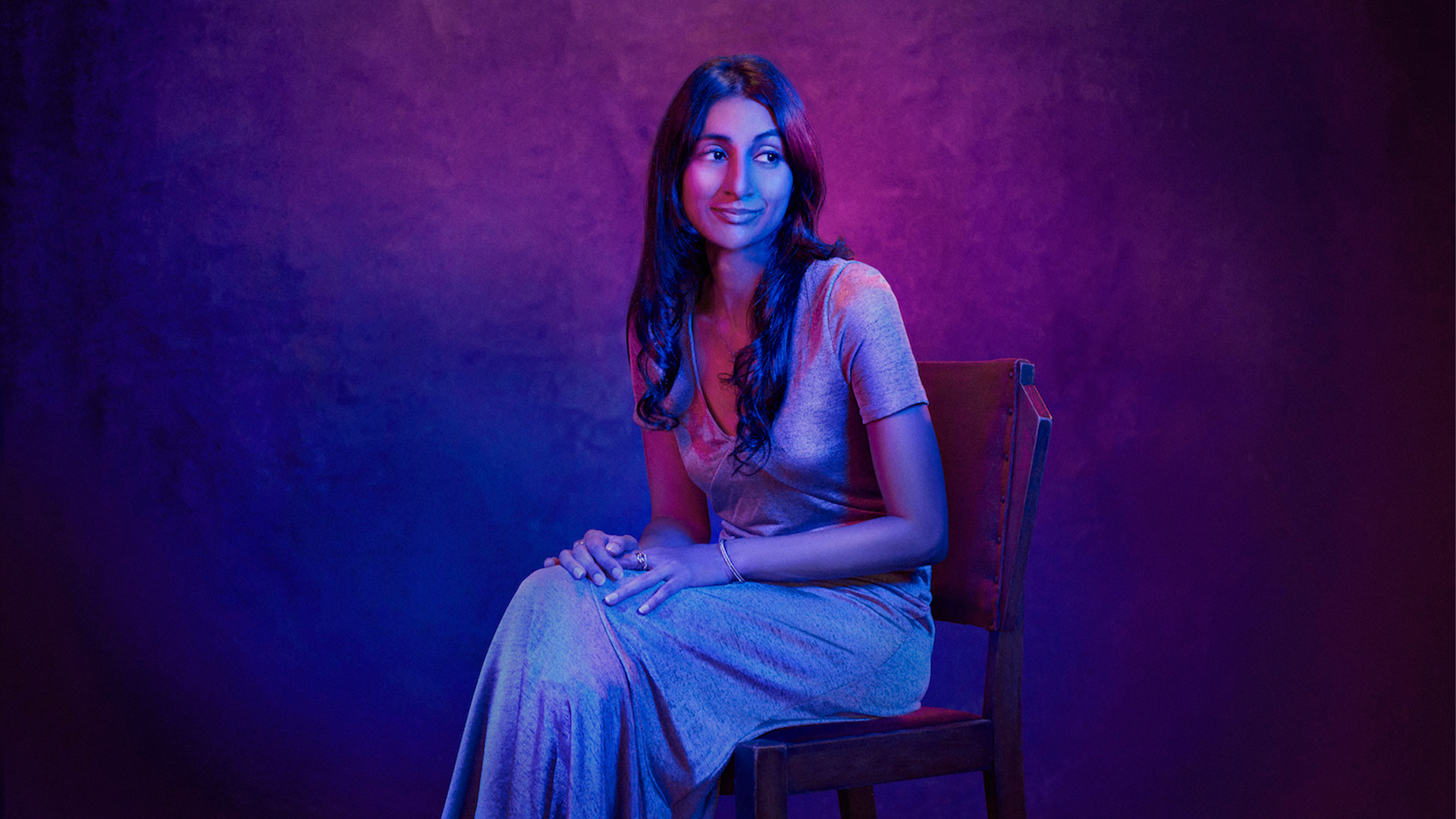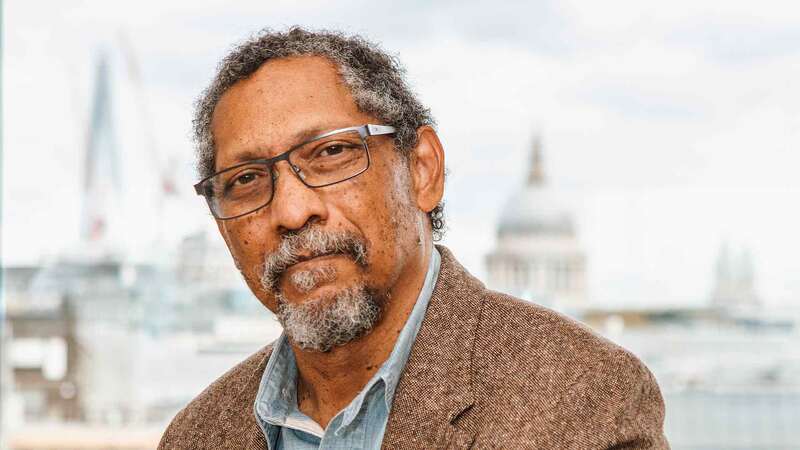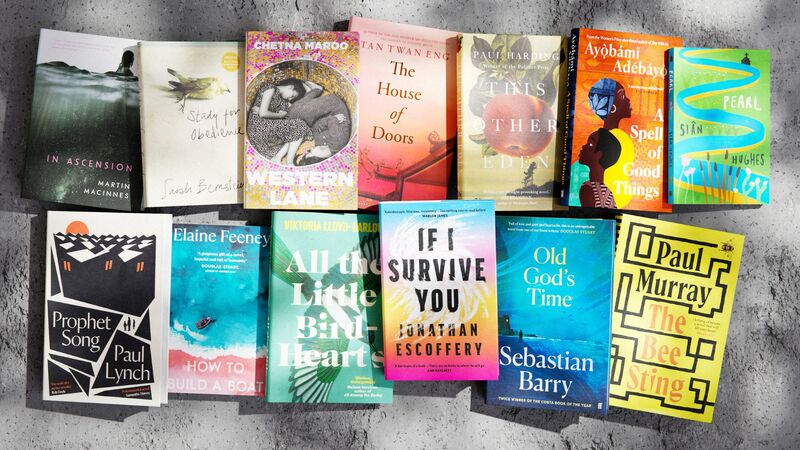You are viewing your 1 free article this month. Login to read more articles.
Writers at Play
The founder of a programme to develop and platform underrepresented writers reflects on the first year of the Play It Forward initiative.
Play It Forward is a pioneering professional development programme for writers who have traditionally been underrepresented in Irish literature, whose voices and stories have hitherto not found a platform in Irish publishing. It was designed to create access, remove barriers and address a visible need to support those who did not think they had a place in the world of literature and storytelling, those who perhaps didn’t even see themselves as writers.
Through a process of both open submissions and invited nominations, we sought to reach storytellers who had no previous access to the literary world in Ireland—no training, no workshops, no residencies, no submissions, no publications—and yet, kept on writing: on the backs of envelopes and receipts, on blogs and socials, on laptops and phones. If a writer like this was looking at our call for applications and thinking, “I’ll never get this, this is not for me”, we wanted to assure them, “Yes. This is. Entirely for you.”
English still dominates as the contemporary lingua franca, the language we are asked to live, speak, love and dream in to be heard, to be understood
This fellowship programme was conceived as a journey of discovery, in order to hone a writer’s craft and harness their passion for writing, without the expectation or obligation to deliver any form of output. At their core, the fellowships offer a sustained, structured, long-term mentorship opportunity. Fellows are matched with a mentor of their choosing, a published author who has experience working closely with early-stage writers in developing their creative practice as well as advising them on the career aspects of being a writer.
Play It Forward fellows have attended creative workshops and training courses with the Irish Writers Centre and Arvon Foundation, received advice from agents and editors of independent presses and publications, and participated in development days and seminars with national resource organisations such as Breaking Ground Ireland. Their work has been showcased through readings and events at major literary festivals across Ireland, including the Cúirt International Festival of Literature, Dublin Book Festival and West Cork Literary Festival, as well as being published in international anthologies, literary journals and media outlets.
Significantly, of seven fellows currently participating in the programme, nearly 60% are writing in English having acquired it as a second or third language. Many arrived in Ireland as migrants or refugees; some, such as Traveller writers, have always been here. All carry the rich music of other tongues in their mouths. While we live in increasingly cosmopolitan, multicultural societies, English still dominates as the contemporary lingua franca, the language we are asked to live, speak, love and dream in to be heard, to be understood. Our fellows are actively challenging this narrative, with one writing a hybrid Polish-English work of fiction, and another writing poems of revolution in their native tongue, Arabic. The perseverance and commitment of these writers has resulted in two fellows who are working on the final stages of draft novel manuscripts, and a third who will be publishing their début bilingual poetry pamphlet next year, in advance of a full collection.
Challenges remain
As with many efforts to effect systemic change, wider structural barriers remain. Questions like who is considered a(n Irish) writer, and who can even afford to be a writer, persist. In a recent survey conducted by Words Ireland, the median gross income from creative work for mid-career and established writers in Ireland in 2019 was found to be a meagre €2,000 (£1,728).
Literature continues to come up against its perception as an élite and exclusive space, while equal representation within the sector is only in its fledgling stages. Though roles are gradually opening up for entry-level and junior positions within the industry, and additional mentoring and networking opportunities are being made available for those whose access to these spaces has previously been hindered, much more needs to be done to ensure equity and diversity is mainstreamed at all levels and throughout the chain of cultural production including—where publishing is concerned—in editorial, agenting, design, marketing, sales, bookselling, publicity, reviewing, broadcasting, events and campaigns.
Through Play It Forward, we are currently collaborating on an international study surveying Anglophone publishing structures across the US, UK and Ireland. We are also exploring the establishment of a living wage bursary to enable a new writer to dedicate a year towards a work-in-progress. As our pilot fellowship programme draws to a close, we look forward to charting a legacy plan and developing an umbrella model for sector partners to replicate within their own organisations and fields of work, so that all of us might become curators and creators of our shared, storied futures.




















